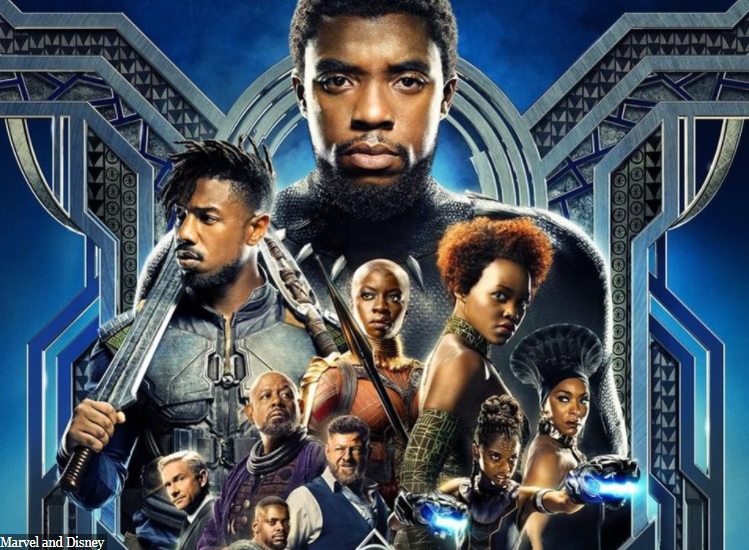The Cultural Significance of Black Panther
“It felt like a celebration of black excellence, but also a serious social commentary on the relationship to people of African descent.”


Black Panther, the latest in the Marvel superhero universe finally hit movie theaters this week. The hype around the film has far surpassed any typical movie rollout, in part, because of social media buzz.
There has been ongoing debate online for months about the actors in the movie, the images released from director Ryan Coogler’s sets, social discussions about what people were going to wear to the film, and how black people were going to celebrate a truly black superhero movie.
So what makes Black Panther different than other superhero films starring black actors such as Will Smith or Wesley Snipes?
The answer is largely about identity, and what it means to be black and celebrated in the United States.
WDET’s Marketing Director, Candice Fortman, who saw the movie on opening night, joins Detroit Today with Stephen Henderson to talk about Black Panther and the cultural moment it represents.
“Inside of the Marvel universe, this is a unique film,” says Fortman. “I also think…it felt like a celebration of black excellence, but also a serious social commentary on the relationship to people of African descent, whether they live on the continent, outside the continent…and the importance of blackness in society.”
David Dennis, adjunct professor of journalism at Morehouse College and writer for Interactive One, also joins the program.
Dennis describes what it was like to see Wakanda, the fictional East African home-nation of Black Panther, in the movie.
“It was an emotional experience,” he says. “When you see Wakanda for the first time…that is one of the most gripping, compelling cinematic moments…that I’ve ever experienced.”
Click on the audio player above for the full conversation.
